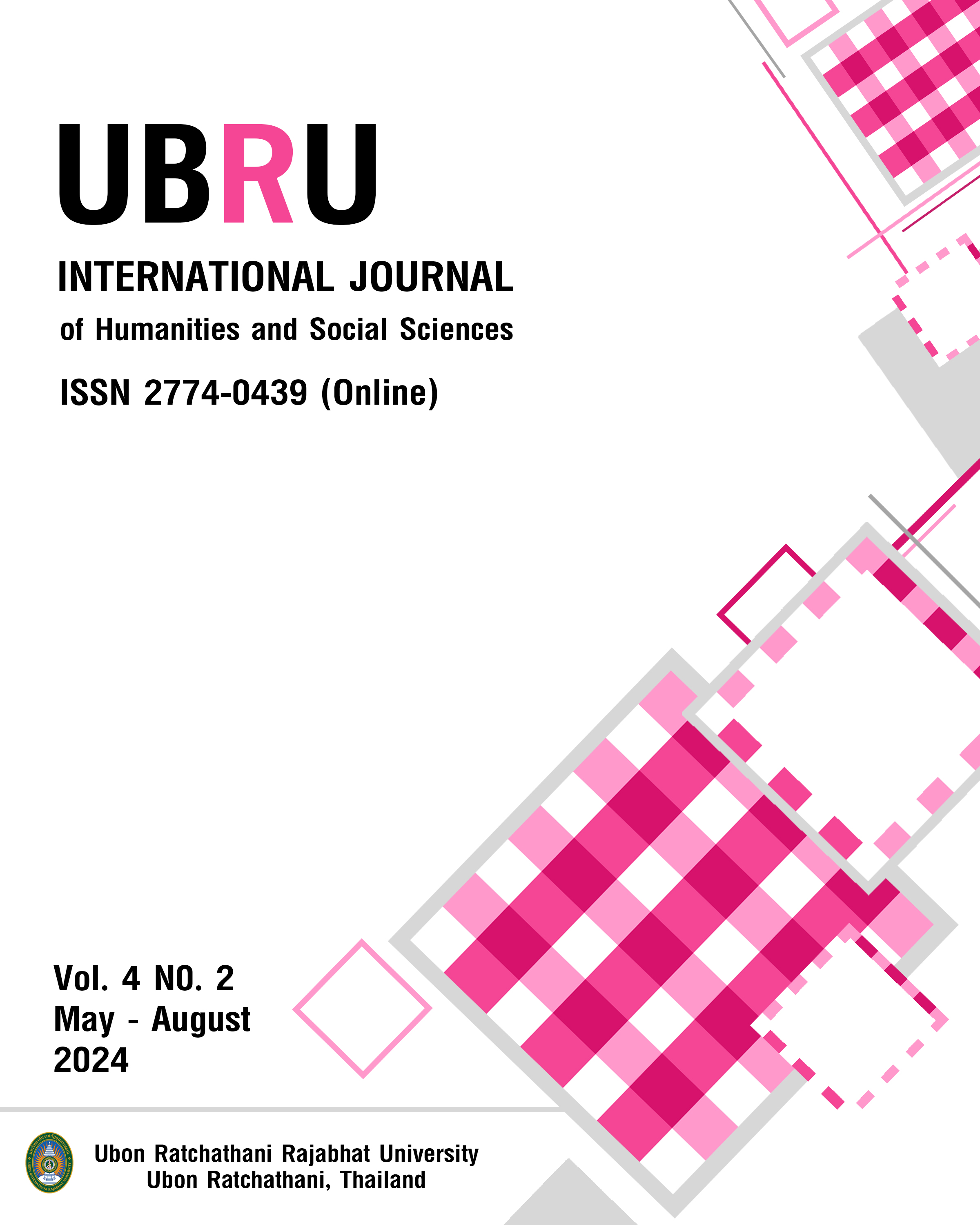Research on The Influence of Enterprise Social Media Interactivity on Employee Task Performance
Main Article Content
Abstract
This paper explores the relationship between corporate social media interaction and employees' task performance. Based on the theory of media synchronization and social exchange, this paper reviews the existing literature and summarizes the existing problems. Through literature research, questionnaire survey, statistical analysis and other research methods, SPSS, AMOS and other analysis tools, through the interview and investigation of different enterprises, the phenomenon and effect of employees' use of corporate social media in work are deeply understood, and the impact of corporate social media interaction on employees' task performance is empirtically analyzed. The conclusion of this study confirms that enterprise social media interaction can positively affect employee task performance, interpersonal trust has a significant mediating effect on enterprise social media interaction and employee task performance, and trust tendency can positively regulate the relationship between interpersonal trust and task performance.
Article Details
References
Ali-Hassan, H., Nevo, D., & Wade, M. (2015). Linking dimensions of social media use to job performance: The role of social capital. The Journal of Strategic Information Systems, 24(2), 65-89.
Arrow, K. (1974). The Limits o/Organization. NY: Norton.
Barney, J. B., & Hansen, M. H. (1994). Trustworthiness as a source of competitive advantage. Strategic management journal, 15(S1), 175-190.
Bigley, G. A., & Pearce, J. L. (1998). Straining for shared meaning in organization science: Problems of trust and distrust. Academy of management review, 23(3), 405-421.
Borgatti, S. P., & Cross, R. (2003). A relational view of information seeking and learning in social networks. Management science, 49(4), 432-445.
Cai, Z., Huang, Q., Liu, H., & Wang, X. (2018). Improving the agility of employees through enterprise social media: The mediating role of psychological conditions. International Journal of Information Management, 38(1), 52-63.
Cramton, P., MacKay, D. J., Ockenfels, A., & Stoft, S. (2017). Global carbon pricing: the path to climate cooperation. (p. 268). The MIT Press.
Davis, J. H., Schoorman, F. D., Mayer, R. C., & Tan, H. H. (2000). The trusted general manager and business unit performance: Empirical evidence of a competitive advantage. Strategic management journal, 21(5), 563-576.
Fulk, J., & Yuan, Y. C. (2013). Location, motivation, and social capitalization via enterprise social networking. Journal of Computer-Mediated Communication, 19(1), 20-37.
Golembiewski, R. T., & McConkie, M. (1975). The centrality of interpersonal trust in group processes. Theories of group processes, 131(1), 131-185.
Gouldner, A. W. (1960). The norm of reciprocity: A preliminary statement. American sociological review, 161-178.
Granovetter, M. 1985. Economic action and social structure: The problem of embeddedness. Amer. J. Sociology, 91(3) 481–510.


